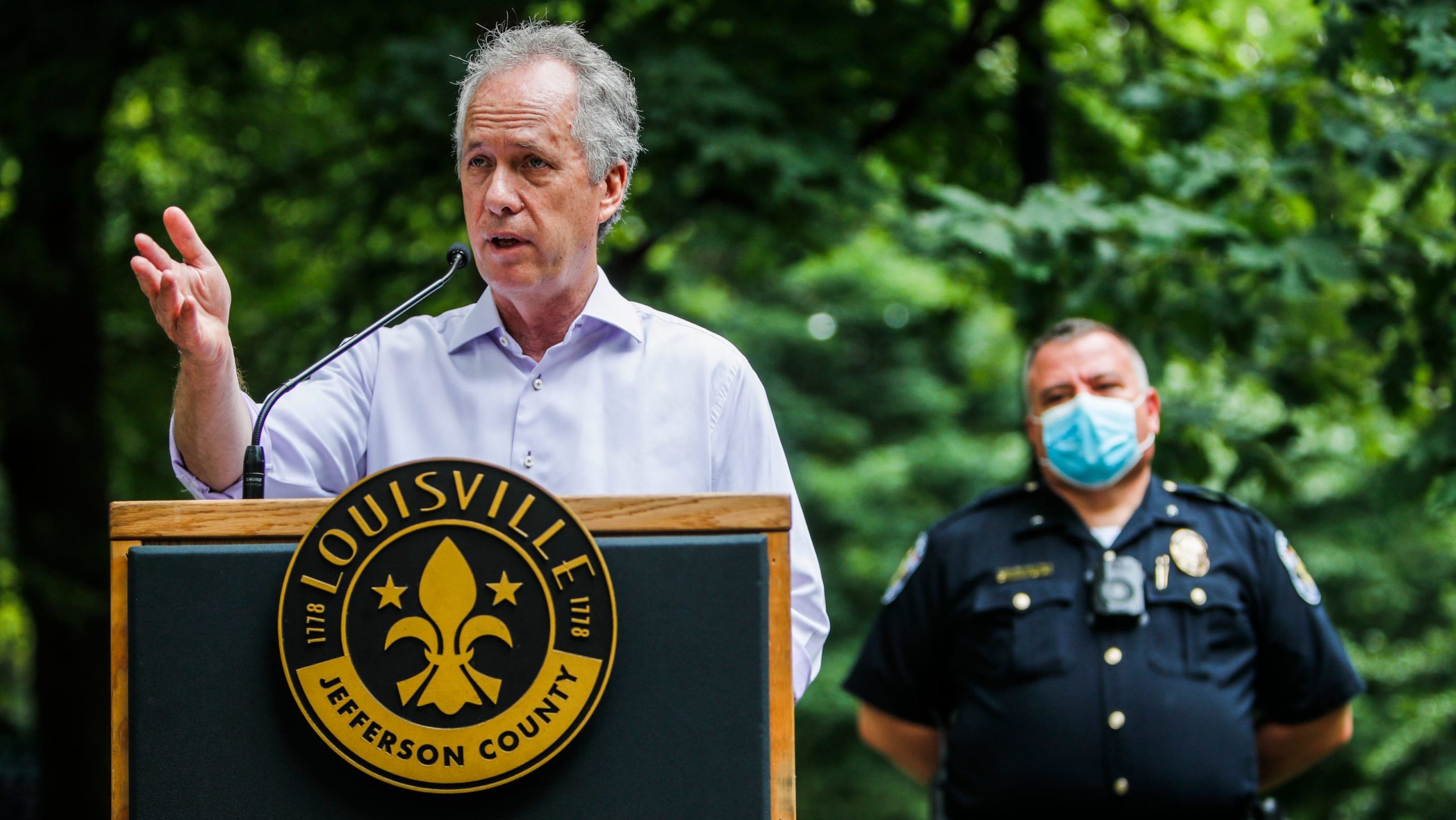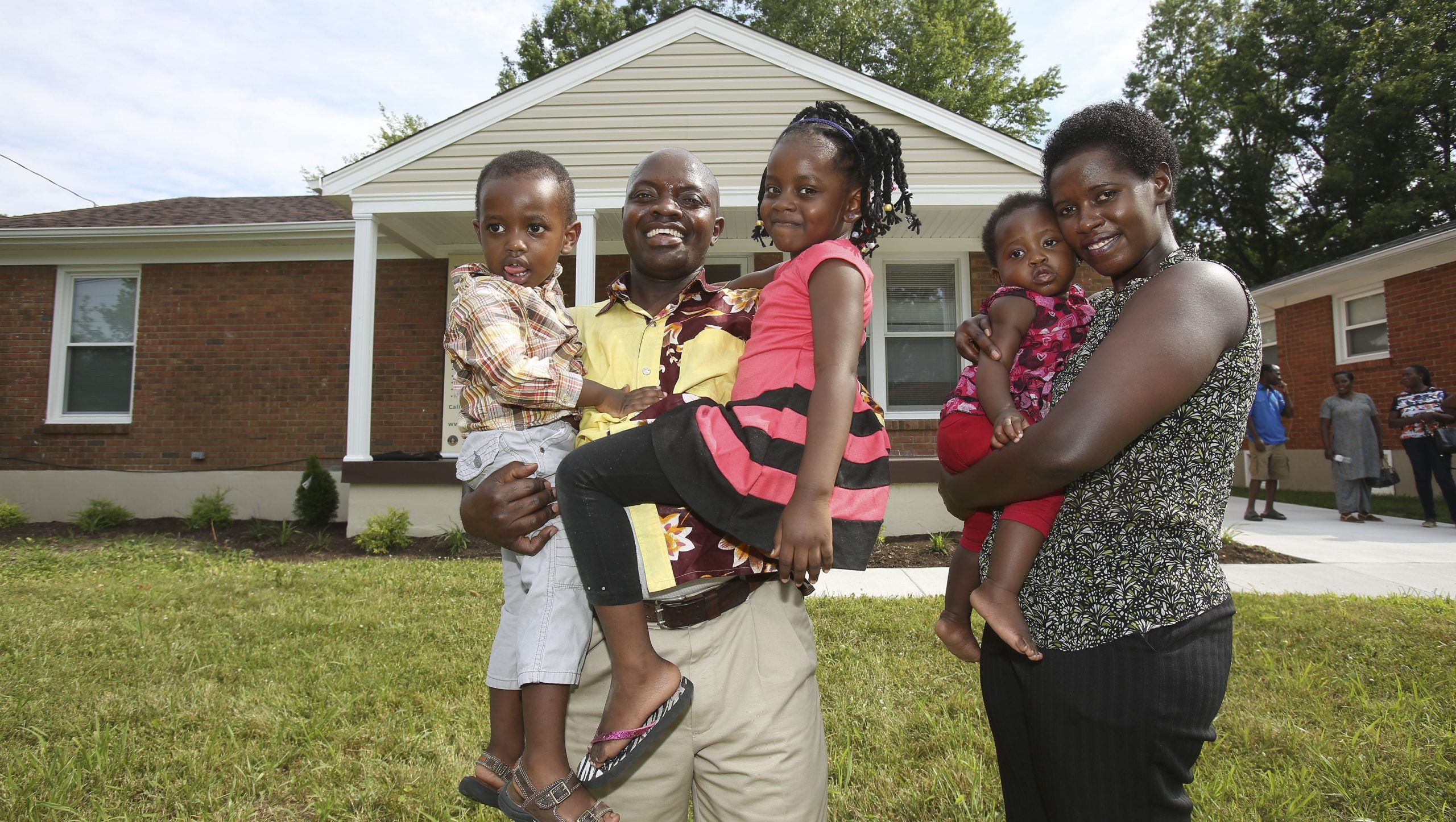TOP-TO-BOTTOM EXTERNAL REVIEW OF LMPD AND INVEST/DIVEST
Updated: July 24, 2020
We incorporate our earlier demands and request a top-to-bottom review of LMPD. While we find the Mayor’s request to be painfully delayed, we recognize that this is a mandatory step. Our police department has lost the confidence of the people to police itself. Therefore, we must insist that an outside—non-traditional—agency lead this work. This must also include civilians and an extensive cadre of African American chiefs and retired officers from across the country.
We are addressing the long and challenging history LMPD has had with Louisville’s Black community. This means we are standing up against aggressive policing practices, abuse, an absence of transparency, and cover-ups that have plagued this department and eroded public trust. We demand investments in the education, health and safety of Black people, instead of investments in the criminalizing, caging, and harming of Black people.
LMPD has a long and difficult history with the Black community. Aggressive policing practices, abuse, an absence of transparency, and cover-ups have plagued this department and eroded public trust. The most recent killings of Breonna Taylor and David McAtee make this clear. Even prior to their deaths, it was clear to us that LMPD needed change. The police culture that sanctioned these killings—that we know would not have occurred in St. Matthews, Middletown or anywhere in East Louisville—must change immediately.
Divestment strategies have existed for a very long time in this country and have taken on a number of variations, including what we are now seeing in Minneapolis, San Francisco, and Los Angeles. It is time for Louisville to begin investing in qualified first responders and reducing police presence and influence in our personal lives, community affairs, and city/organizational budgets. We understand that partner agencies have and will submit additional information for your consideration and we support them.
To that end, and in addition to a complete overhaul of LMPD’s organizational structure, protocols, and practices, we are demanding within the next 30 days, a plan for community review that demonstrates how [Louisville Metro Government] will divest funds earmarked for LMPD and reinvest them in community resources that are proven to lead to safer cities. We have included [resources below] to help you in crafting a solid plan. We understand that a budget has been passed. That is not a concern for us. You know the opportunities available, and we expect every tool, loophole, and strategy available to be utilized. We cannot wait until next fiscal year. At a minimum, it makes sense for you and Metro Council to reexamine the overtime budget for police and redirect those resources at once (Response to LMG, pg. 2).






